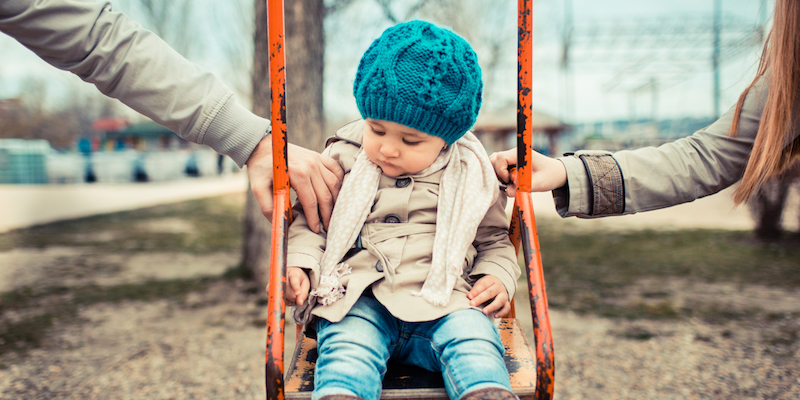Many of you may be familiar with the HGTV show “Flip or Flop,” that features Tarek and Christina El Moussa as they renovate homes. The show made them celebrities, and with that attention came additional stress on their marriage. Ultimately, they divorced in 2018, and the show went on a hiatus, though it has returned for an additional season. As viewers will note, the tension between the two is not well hidden. So, if they can barely work together, how do they handle parenting two young children (ages eight and five)?
In their divorce, the court awarded Tarek and Christina joint legal and joint physical custody. This means they both work together to make decisions with regard to the health, education and general welfare of the children. They have a physical custody schedule where they have nearly the same amount of time with the children, and they do it by splitting the weeks – Christina has custody from Saturday at 5:00 p.m. to Wednesday morning, and Tarek has custody from Wednesday after school until Saturday at 5:00 p.m. Because they have businesses that involve travel, they both agreed to swap custody to accommodate as needed.
The custody arrangement they have is called a 4/3, where one parent has four overnights per week, the other three. Often, parents do a 4-3-3-4 so that over a two week period both parents have equal time. It appears that Tarek and Christina agreed to let Christina have slightly more time.
How is it possible for Tarek and Christina to make this arrangement work, given their history of conflict?
First, they have a non-disparagement clause in their Parenting Plan which requires that neither parent talk negatively about the other. While this may seem like something that is hard to enforce, courts do take these seriously, and if it becomes pronounced and affects the children, it can be the basis for a motion to modify legal or physical custody.
Second, they need to put the kids first. Whatever emotions they have regarding each other must get locked away when the kids are around. While this is not always easy, it is essential for co-parenting, no matter the arrangement.
Third, they need to support each other as parents. Good communication regarding the needs of the children will really help, and also minimizing the amount and form of communication to avoid opening old wounds.
Joint custody can work even when parents have a history of negative behavior as long as they put the kids’ best interests first.
If you have questions about custody and divorce, contact us – we can help.
